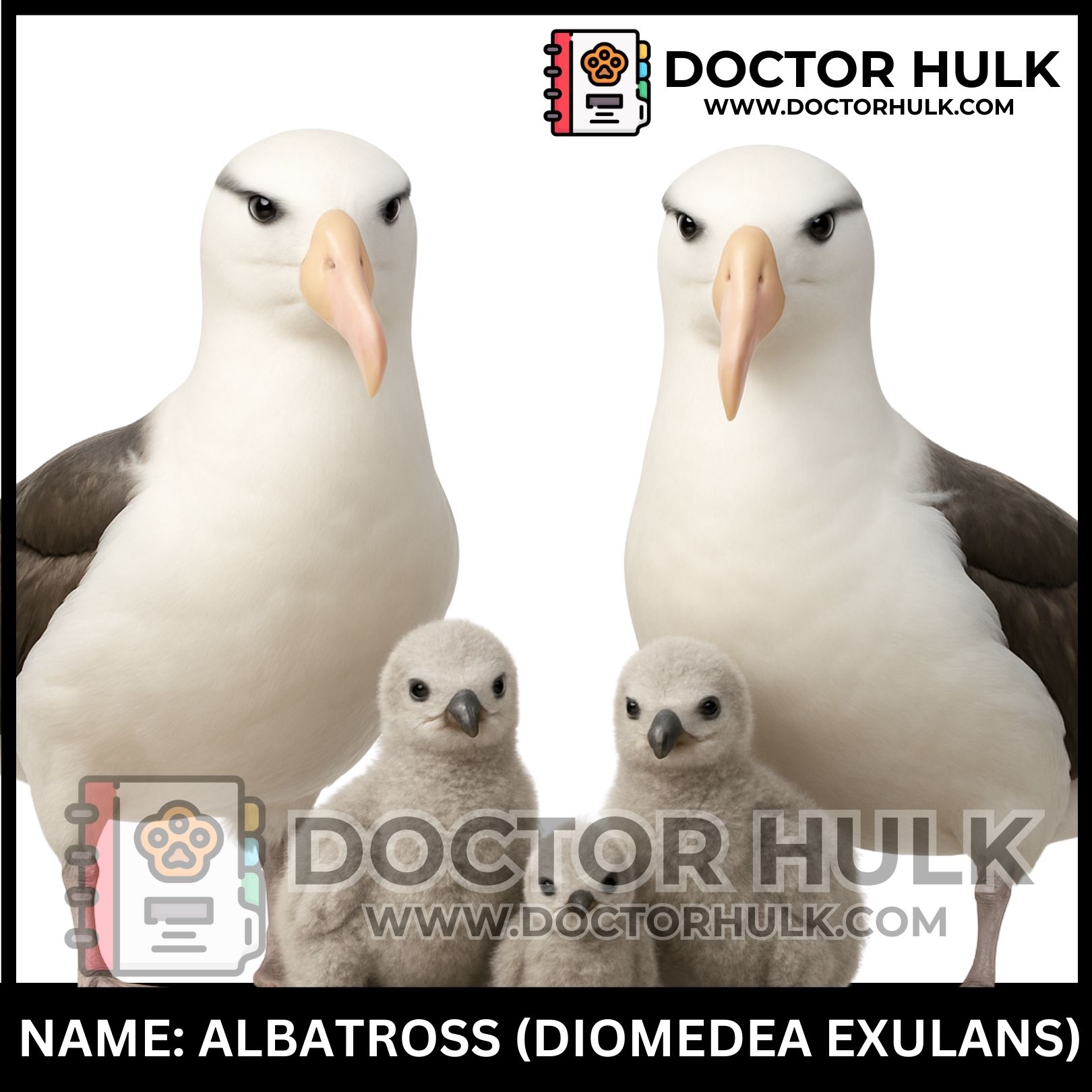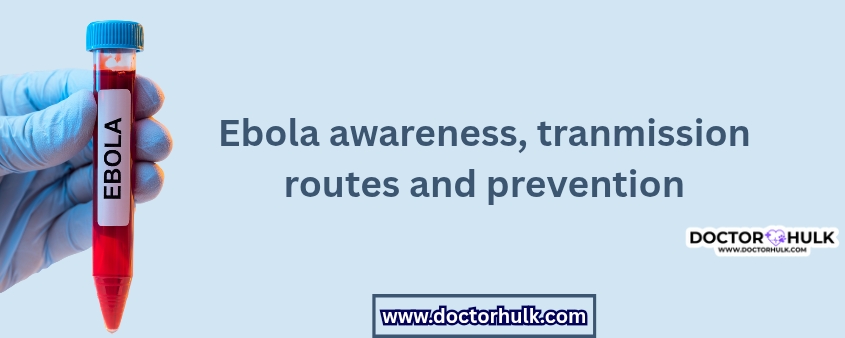Ebola Virus Disease is a sickness that can cause death in humans and some animals. It’s caused by a virus called Ebolavirus. Although pets like dogs and cats are not known to spread Ebola, it’s still important for pet owners—especially in areas where Ebola outbreaks have happened—to understand how it spreads and how to keep everyone safe. Good hygiene and smart safety habits are key to protecting both people and animals.
How Does Ebola Spread?
Ebola spreads when someone comes into direct contact with the body fluids of a person or animal who is infected. This includes things like blood, saliva, vomit, poop, sweat, and even breast milk. The virus can enter the body through cuts on the skin or through the eyes, nose, or mouth. People can also catch the virus by touching objects that have been contaminated with these fluids, like clothes, bedding, or medical tools.
Another way Ebola can start spreading is through contact with wild animals. Scientists believe bats carry the virus naturally. Sometimes, people get Ebola after touching or eating infected animals like fruit bats, monkeys, or forest antelopes. Once a person is sick, Ebola can spread from one person to another, especially to caregivers or health workers who are helping the sick person.
Can Pets Catch or Spread Ebola?
So far, there is no strong proof that Ebola spreads through dogs or cats. Some studies suggest that dogs living in areas with Ebola may have come into contact with the virus, but they didn’t show signs of being sick or spreading it. Even though the risk seems low, it’s still smart to be cautious.
If someone in your home might have been around someone with Ebola, try not to let your pets get too close until health officials say it’s okay. Also, don’t let your pets wander outside where they could sniff or eat wild animals.
How to Protect Your Family and Pets
- Keep Yourself and Your Home Clean: Wash your hands often with soap and water. If you can’t, use hand sanitizer. Don’t touch your face unless your hands are clean. Wipe down and clean things you touch a lot, like doorknobs, phones, and tables.
- Stay Away from Wild Animals: Never touch or eat wild animals (also called bushmeat). Keep your pets away from dead or sick animals. If you see a dead animal, report it to health officials instead of trying to move it yourself.
- Handle Food Safely: Make sure all meat is cooked properly before eating. Don’t let raw meat touch other food. Use gloves if you’re handling animal parts and always wash your hands afterward.
- Care for Sick People Safely: If someone at home has Ebola symptoms like high fever, vomiting, or bleeding, get them to the hospital right away. Don’t touch their fluids without protection. Wear gloves and a mask if you’re helping them. Follow all quarantine rules if the health team tells you to.
What to Do If You Think You or Your Pet Was Exposed
If you think you or your pet came into contact with someone or something that might have had Ebola, get help right away. Go to a doctor and let the health team know what happened. It’s important to catch the illness early and stop it from spreading. They may ask you to stay away from others for a while to keep everyone safe.
Even though Ebola spreading through pets is very unlikely, it’s still important to stay safe. Clean your hands and your home, don’t let your pets go near wild animals, and always follow health advice. These small steps help keep you, your family, and your pets safe. If you ever have questions or need help, don’t hesitate to contact us at Doctor Hulk Veterinary Hospital or click here.








